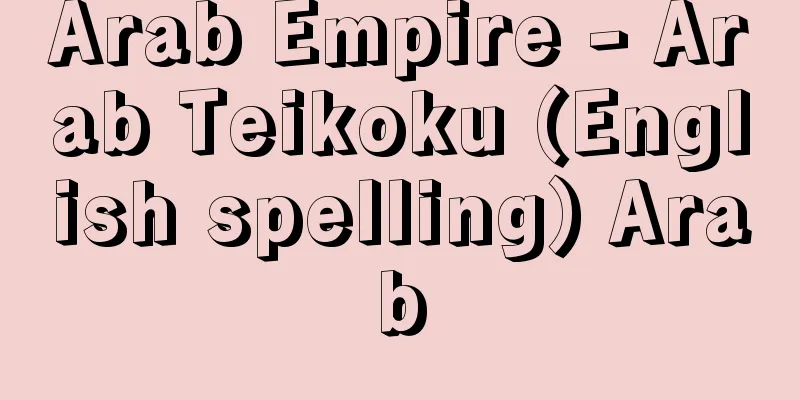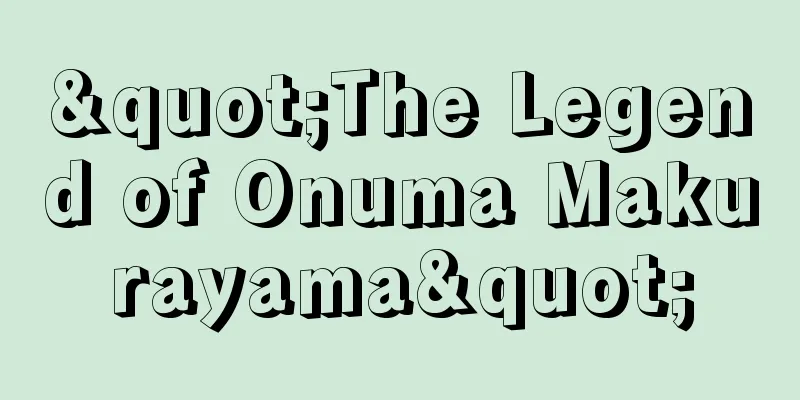Arab Empire - Arab Teikoku (English spelling) Arab

|
This refers to the period of the Orthodox Caliphate and the Umayyad Dynasty in Islamic history, when Arabs were granted special privileges, and is therefore called the Arab Empire. The later Abbasid Dynasty abolished the tax exemption for Arabs and employed converts from other ethnic groups as government officials, and is therefore also called the Islamic Empire. Source: Obunsha World History Dictionary, Third Edition About Obunsha World History Dictionary, Third Edition |
|
イスラーム史上における正統カリフ時代・ウマイヤ朝時代をさす アラブ人に特権が認められていたため,この時代をアラブ帝国の時代と呼ぶ。のちのアッバース朝は,アラブ人の免税特権を廃し,異民族改宗者を官僚に採用するなどしたため,イスラーム帝国と呼ばれる。 出典 旺文社世界史事典 三訂版旺文社世界史事典 三訂版について 情報 |
Recommend
John Ruskin
British critic. Born into a wealthy wine merchant...
Statice caspia (English spelling) Staticecaspia
… [Eiichi Asayama]. … *Some of the terminology ex...
Afro-American Society
…The second is the mestizo society, which is basi...
Noon - What?
The passage of a celestial body through the merid...
Rabdovirus
…In addition to dogs, it is also found in cats, h...
Benois, A.
…Born in St. Petersburg. Also known as Alexandre ...
Joint application principle
… In principle, an application for a registration...
Henry III and his court
…He wrote over 300 works in a wide range of genre...
Invar - Invar
→Amber Source: Shogakukan Encyclopedia Nipponica ...
Katuwerauni people
…Under Augustus, the area became the imperial pro...
Takakura family
(1) A descendant of the Northern branch of the Fuj...
Japanese Brown Cattle
A dual-purpose cattle breed found mainly in Kumamo...
Economist Intelligence Unit
...After 1960, her son-in-law W. Bagehot became e...
Advanced conversion reactor - Shingata Tenkanro
A type of nuclear reactor. Among thermal neutron ...
Ursus arctos horribilis
…Bear [Tadaaki Imaizumi]. . . *Some of the termin...









